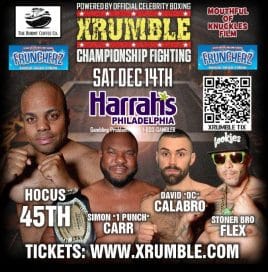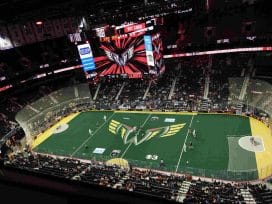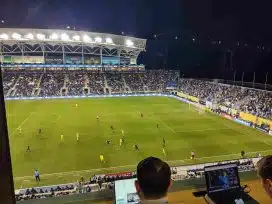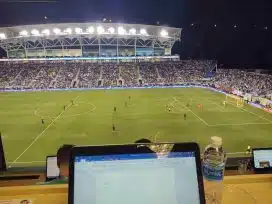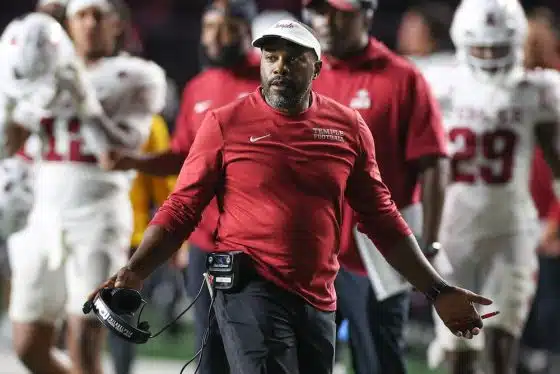Writer: Matt Albertson
August 5, 1921: The first MLB radio broadcast
By: Matt Alberston, Historical Columnist
Today, fans take for granted their ability to easily obtain an update on a ball game. They can look for updates on their phone, computer, radio, or television. A diehard Phillies fan can cheer, jeer, and otherwise follow the team without ever having to step foot inside Citizens Bank Park. But prior to 1921, going to the ballpark was the only way a fan could follow their favorite team in real time, with the exception of the "watching" the World Series on a Playograph. All of that changed on August 5, 1921 when the Philadelphia Phillies played the Pittsburgh Pirates at Forbes Field in Pittsburgh.
On Saturday August 5, 1921, the bottom-feeding Phillies played the final game of a three game series against league-leading Pittsburgh Pirates. The Phils dropped the previous two games against the Pirates and sought to rebound before they headed to Cincinnati to take on the Reds.
Radio was still in its infancy in 1921. The previous November, Pittsburgh's KDKA station broadcasted presidential election results for the first time, unofficially kickstarting commercial radio. Nine months later, 25-year-old Westinghouse employee Harold Arlin sat behind home plate at Forbes Field and watched as the Pirates and Phillies concluded their series. Arlin had with him transmitter equipment and a telephone-turned-microphone. The items were rigged so he could broadcast his voice over radio waves, becoming the first play-by-play announcer in baseball history.
Ronald Smith quotes Arlin in his book Play-by-Play: Radio, Television, and Big-Time College Sport:
"We were looking for programming," Arlin recalled years later, "and baseball seemed a natural. I went to Forbes Field and set up shop." The operation, a hand-held telephone connected to a transmitter in a box behind home plate, had a few glitches, though. "Nobody told me I had to talk between pitches," he conceded, and when he did, his distinctive deep voice did not always come through. "Sometimes the transmitter didn't work. Often the crowd noise would drown us out. We didn't know whether we'd talk into a total vacuum or whether somebody would hear us."
The broadcast was an immediate success, and while the World Series would be broadcast on the radio yearly from 1921 onward, regular broadcasts were nearly a decade away. Club owners feared that fans wouldn't attend games if they could simply listen to them on the radio. Eventually, they found that broadcasting games regularly was a way to advertise their team in a way that newspapers and playograh's could not.
The Phillies lost to the Pirates that day 8-5 and finished the 1921 season with a dismal 51-103 record.

